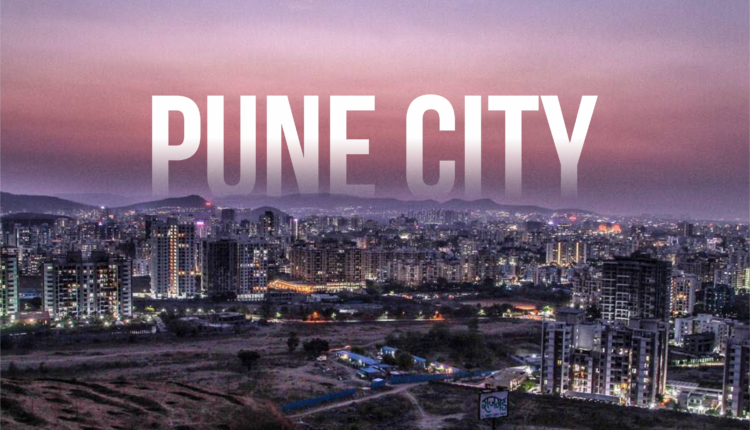A Malayalee boy, born in Mumbai and growing up in Pune, Sriprakash Menon used to see the yearly ritual of the wari and “developed a fascination with the subject in childhood”. Now, the journalist-cum-filmmaker has made a documentary, titled Jagatkavi Sant Tukaram, which aims to inform new generations in Maharashtra and across the country about the abhangs of the poet-saint Tukaram Maharaj.
“Many times we practise traditions or observe rituals without understanding their core. If we travel to the depth of any spiritual text, from Tulsidas’s Ramcharitmanas to the great works of Bhakti poetry, we will realise that they have a common theme of love, compassion and forbearance. It is when we do not understand a culture that we become prey to the dangers of communal intolerance and violence,” says Menon, who spent 15 years on the film and produced it himself.
He selected Tukaram Maharaj because he seemed to be known by all strata of society. “Every common man, from a hawker to a CEO, knows his poetry,” says Menon. He carried out the research with fellow journalist Aishwarya Mavin Kurve.
Fittingly, the film begins with visuals of pilgrims, and recitation of abhangs by performers such as Tukaram Ganapathi. Tukaram Maharaj is placed in the historical context, with the audience being informed that the poet was born “almost a decade after the demise of saint Eknath and close to a quarter century before Chhatrapati Shivaji Maharaj”. Experts, such as Prof Dilip Chitre, take the narrative forward by providing different perspectives of Tukaram Maharaj’s literature, from his divine inspiration, his autobiographical elements and the wide range of subjects that his poetry covers.
“There have been many films and books on the personality and the poetry of Tukaram Maharaj. With this film, I wanted to explore how the literature of Tukaram Maharaj played a key role in the development of the Marathi language and consciousness,” says Menon. He had footage for three or four hours, but edited the film to 1.20 hours. “It is the tip of the iceberg. In future, if somebody wants to delve into the subject, this film will provide them with a firm foundation,” says the filmmaker.
Menon’s purpose through his films is to study local events deeply and disseminate them widely. His first film, Nada Brahma (2004), threw light on the temple percussion traditions of Kerala. Nada Brahma was shot on film and Menon is currently digitising it. The second film, Jankeeya Raja, was made around four years ago and revolves around an aeronautical engineer from Singapore, Raja Mallikal Shekara Varma, who was, also, an erstwhile king of Palakkad, Kerala. “Even people in Kerala did not know about him. When I started making documentaries, it was because there are many interesting facets of our country that people didn’t know. My films are an effort to spread our knowledge,” he says.


